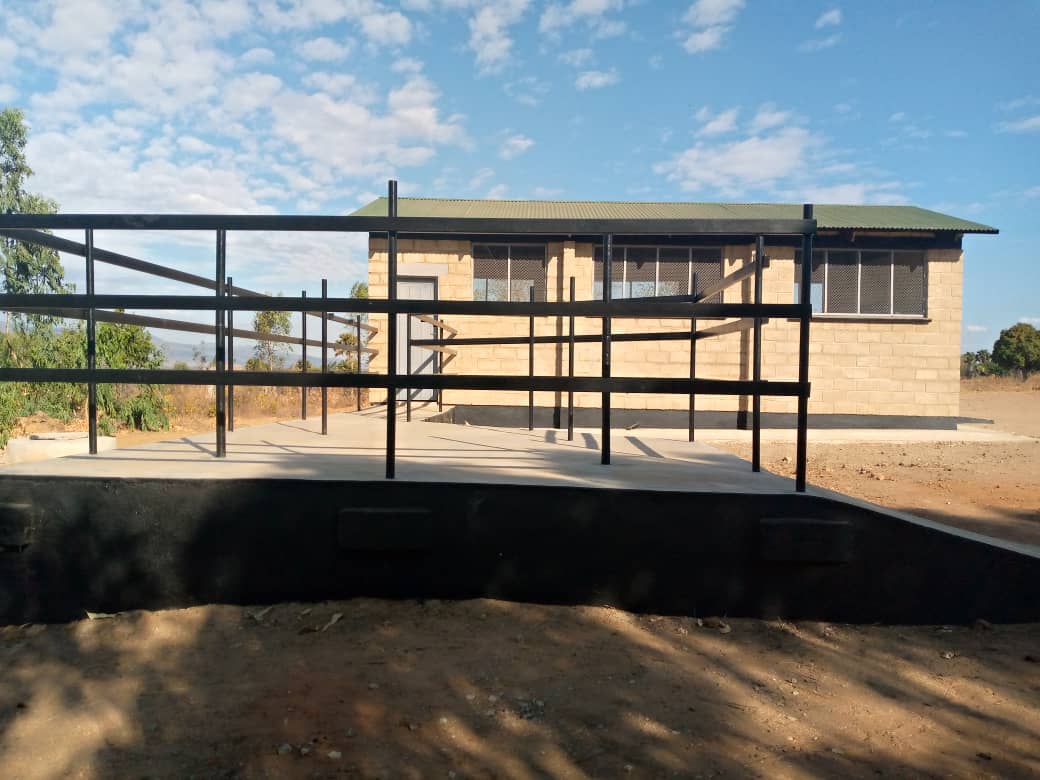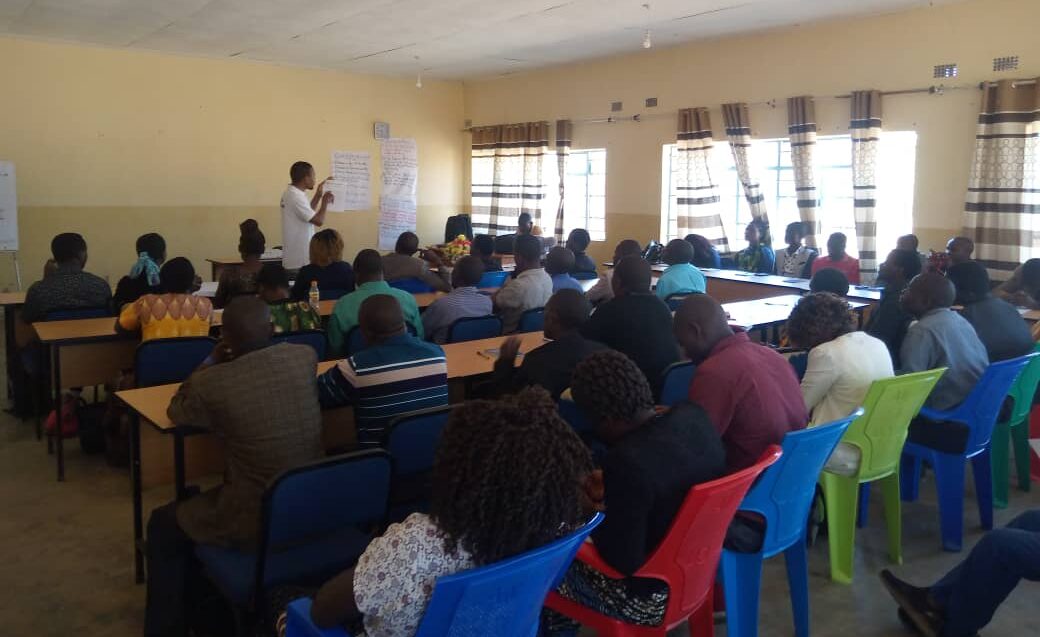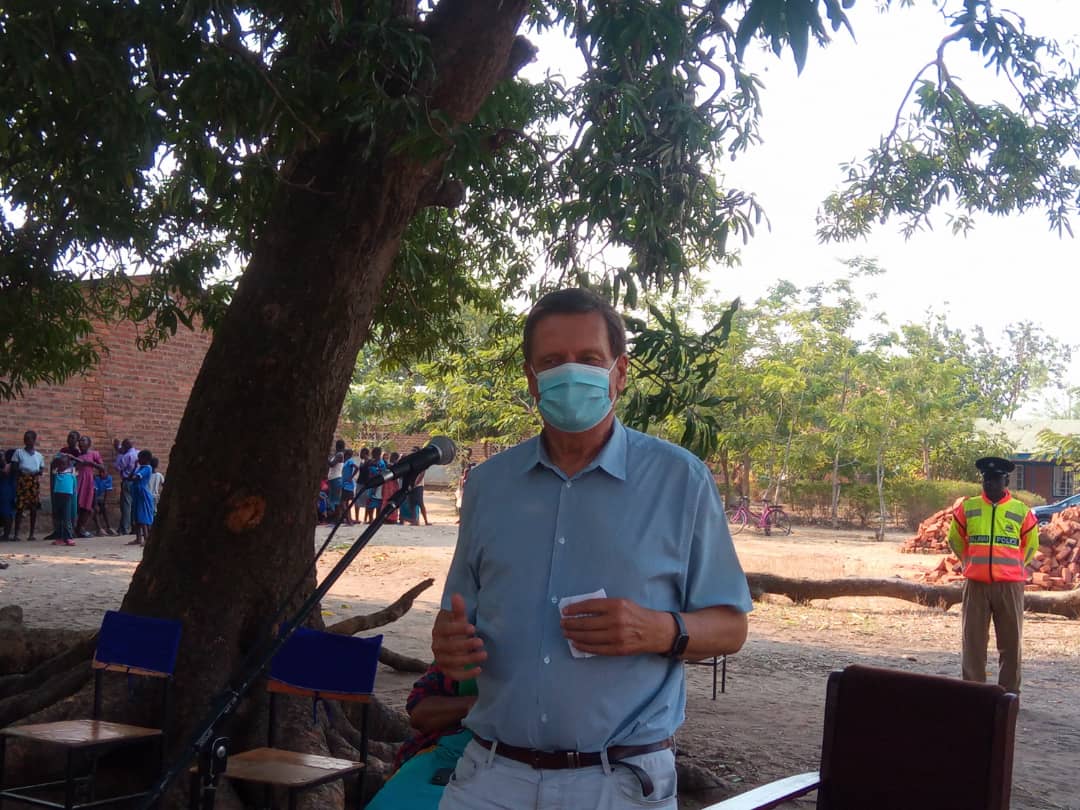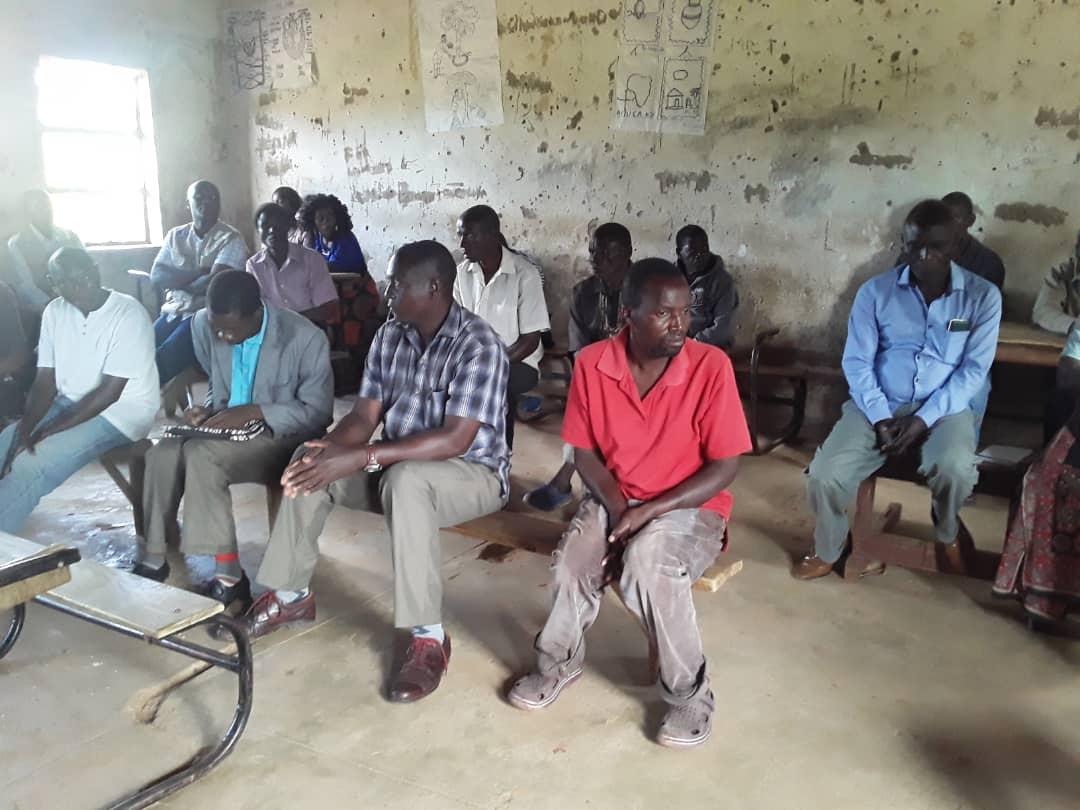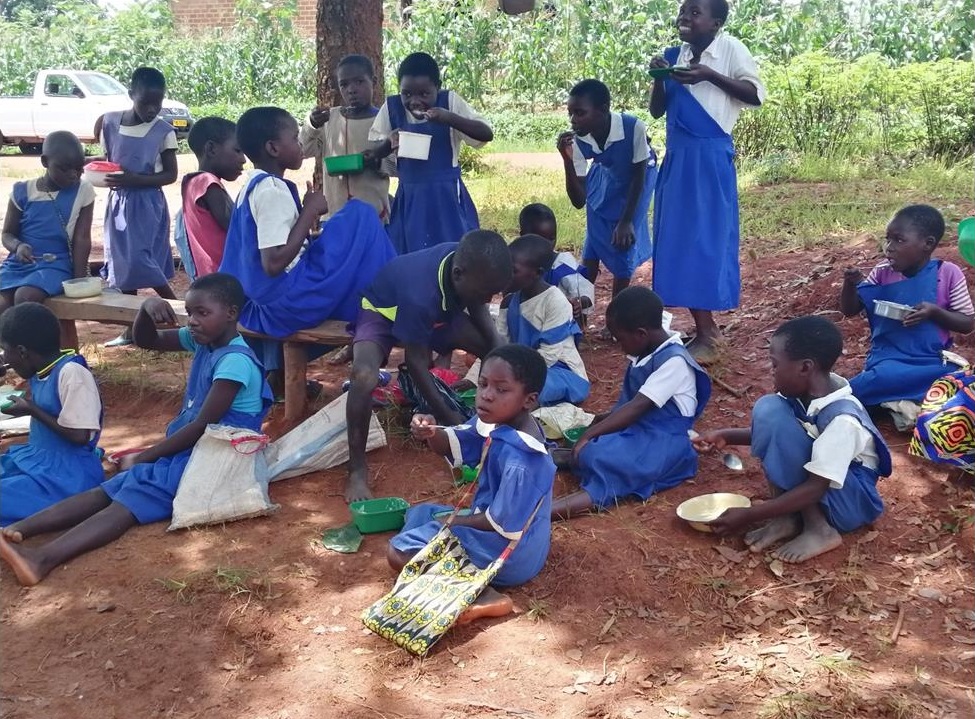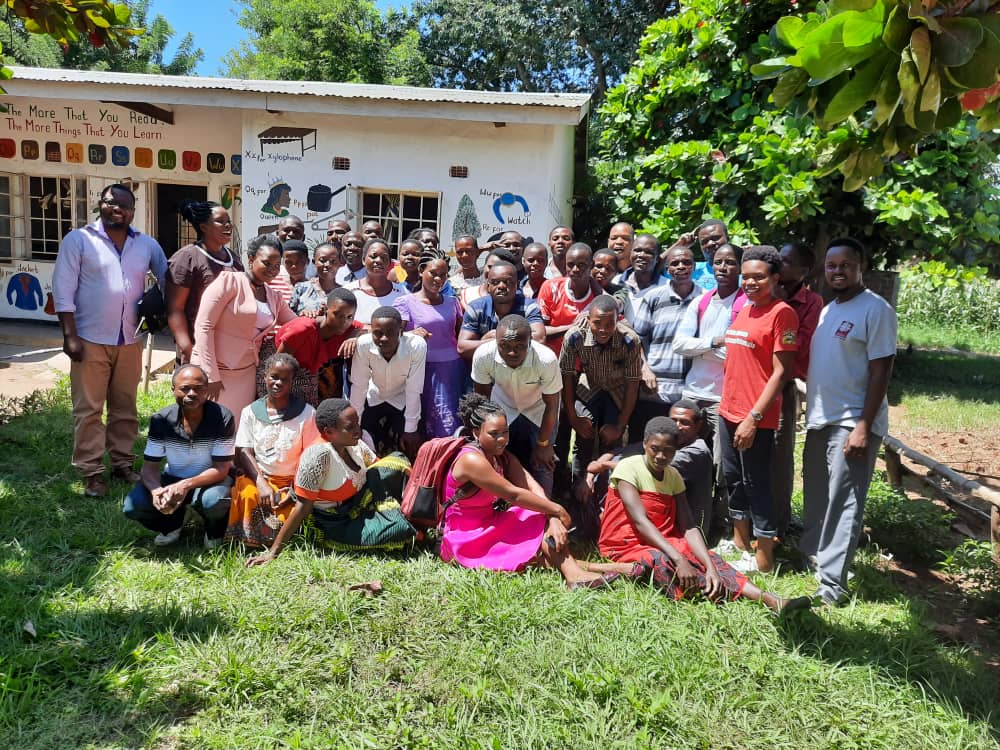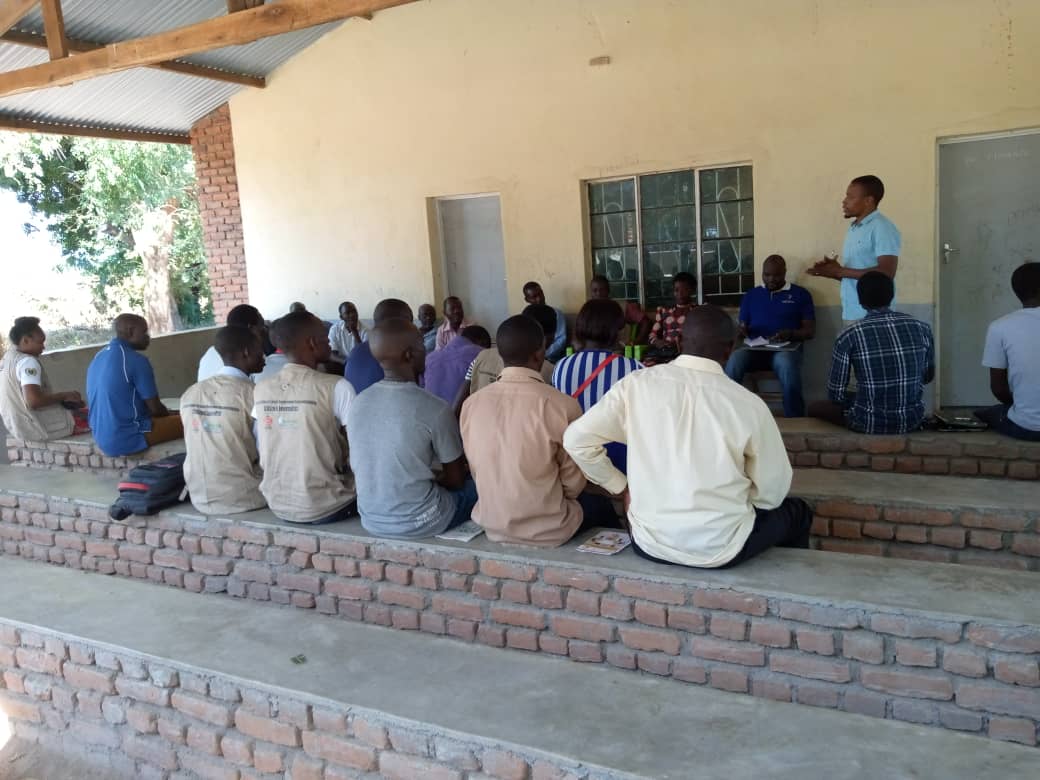EMPOWERING YOUNG MINDS: HOW CODES OF CONDUCT ARE TRANSFORMING PRIMARY SCHOOL SAFETY
By Noel Chatepa Child Safeguarding is a critical aspect of education especially in primary schools and the setting of code of conducts in schools plays a crucial role in creating a safe and secure environment for learners. Through its Gender...
Read More“SURVIVING GENDER BASED VIOLENCE: THE STORY OF TIONGE MUWISA”
By Noel Chatepa Tionge Mubisa “After I had my third child, I was diagnosed with cervical cancer and my husband started abusing me verbally and physically saying that I am of no more use to him as I can no...
Read MoreConcerns over Newly Constructed Chitipa Slaughterhouse
By Wezzie Mwangonde* Chitipa District Council is one of the councils that have received funding for development projects under the Governance to Enable Service Delivery (GESD) in the 2022/2023 financial year, one of which is the newly constructed slaughterhouse. This...
Read MoreCCJP New Project to Strengthen Women’s Voice in Reducing Poverty and Inequalities
By Tawonga Chisale Catholic Commission for Justice and Peace (CCJP) under the Diocese of Karonga has launched a new project which is aimed at empowering women to reduce poverty and inequalities in extractive governance in the district. A cross-section of...
Read MoreJustice and Peace Desk Trains Safeguarding Focal Persons
By Janet Mhango From the 14th to the 15th of September, CCJP has trained the Safeguarding Focal Persons on safeguarding, case management, and referral. The training brought about 54 Safeguarding Focal Persons from 25 Catholic Primary Schools and 4 Catholic...
Read MoreAmbassador Impressed with the Impact of Women Empowerment Program
By Memory Moyo Women Empowerment Programme beneficiaries from T/A Wasambo in Karonga District have requested the Government of Norway through Ambassador Stainer Hagil to continue funding the program since it has increased participation of women in decision making. Ambassador of...
Read MorePET conducted at Hara Maternity wing
By Lestina Sanga 'Public resources need to be well accounted for', Mr Msukwa, the Karonga District Council Finance Committee Chairperson. This was stated in his speech during Public Expenditure Tracking (PET) dissemination for the Construction of Hara maternity wing at...
Read MoreIsn’t this how Gender Inequality Begins?
By Violet Machika I watched the children stand in line as they received porridge as it is part of the school feeding programs where the community has to organize itself, or if lucky, they’re receiving porridge flour to feed the...
Read MoreChampions of Change Facilitators and Mentors Challenged to Promote Gender Justice
By Lestina Sanga Gender Expert, Dr. Mary Shaba, has urged facilitators and mentors of Champions of Change (COC) Project to champion gender justice in order to reduce gender based violence (GBV) in the area of Traditional Authority Kilupula. Dr Mary...
Read MoreUlambiya-Kaseye ADC Meeting Expectations of ECM and DCA
By Lestina Sanga The Episcopal Conference of Malawi (ECM) and Danish Church Aid (DCA) are impressed with the Community Action Groups (CAGs), Community Journalists (CJs) and Area Development Committee (ADC) of Ulambiya-Kaseye ADC. This transpired during the recent monitoring visit,...
Read More
